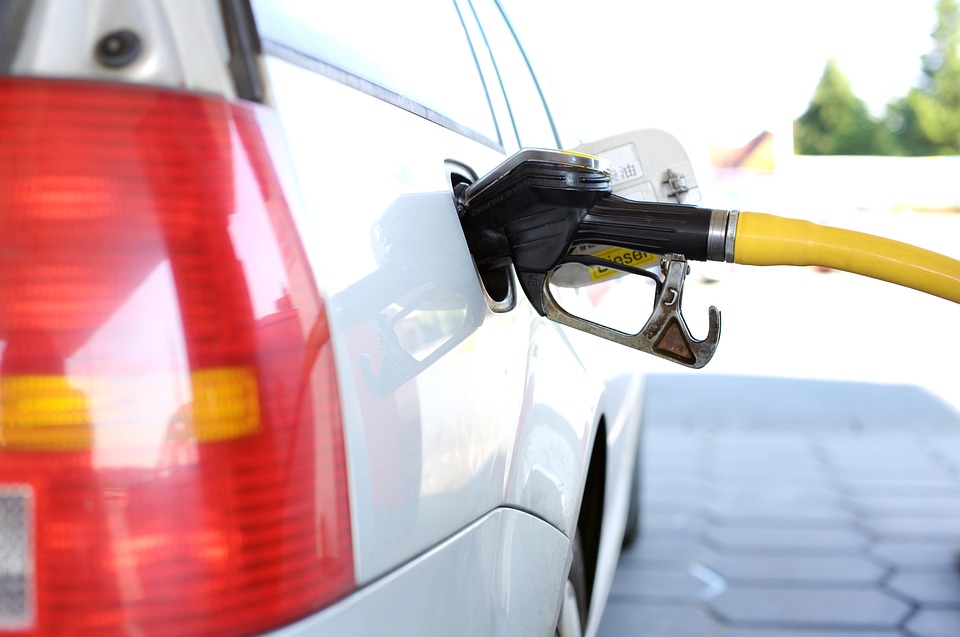Business and Economy
New oil excise taxes not license for profiteering
MANILA — The Department of Energy (DOE) warned industry players against using the new excise tax on oil under the Tax Reform for Acceleration and Inclusion (TRAIN) law to jack up prices.
The department said the implementation of the new law would not automatically raise oil prices in the first month of the year.
Energy Secretary Alfonso Cusi assured the public in a statement on Wednesday that the DOE is keeping a close watch over oil firms to prevent possible profiteering over the implementation of the TRAIN law.
The DOE explained that no oil excise taxes should be collected within the first fifteen days of the year and no excise tax should be collected on liquefied petroleum gas within the first seven days.
Meanwhile, no coal excise tax should also be collected based on existing 2017 stockpiles and therefore, this should not result in an increase in electricity costs within 30 days.
Cusi has invited the oil companies to meet with his department on Wednesday to clarify the mechanisms in the implementation of the new tax law.
Cusi stressed that the additional excise tax on fuel under TRAIN should not affect the prices of old stocks of oil firms, including their stocks under the 15-day Minimum Inventory Requirement.
“As directed by President Duterte, the government taxes should not profit the companies, because these are all intended for the services of the government to the public and the public alone,” the energy chief said.
In a press conference at the DOE in Taguig on Wednesday, Energy Undersecretary Felix William Fuentebella explained that under the TRAIN law, the excise tax will be collected on a per liter basis for gasoline, diesel, kerosene, and fuel oils, while the excise tax for LPG will be collected per kilogram.
Cusi said the oil companies had willingly agreed to submit their stock inventories as of the cut-off date of December 31, 2017 under a notarized document to the DOE.
The oil companies also concurred to share their data on their sales to the dealers/retailers to determine which stocks will be affected by the excise tax.
“We have to make an effort to make sure that the declared stockpiles are accurate and the DOE will come up with public advisories to let the public know that an increase is imminent,” Fuentebella explained.
Assistant Secretary Bodie Pulido of the Oil Industry and Management Bureau said: “It would have been simpler if we just issued a date but it would prejudice the consuming public and the government because the oil companies are like collecting agencies.
If we don’t take the time to find out the actual stock inventory of oil companies, we might end up in a situation, where some companies might incur losses while some make a profit.”
For further transparency, the oil companies will also require their retailers to post what the products will be charged with excise tax and when it will be implemented.
Cusi said the DOE and other concerned government agencies would conduct random audit and monitoring activities on the compliance with TRAIN, both in the depot/refinery and the retail level or gasoline stations.
The DOE calls on the public to be vigilant and to report any violation to info@doe.gov.ph or to Consumer Welfare and Promotion Office at tel. no. 479-2900 loc. 329.






















